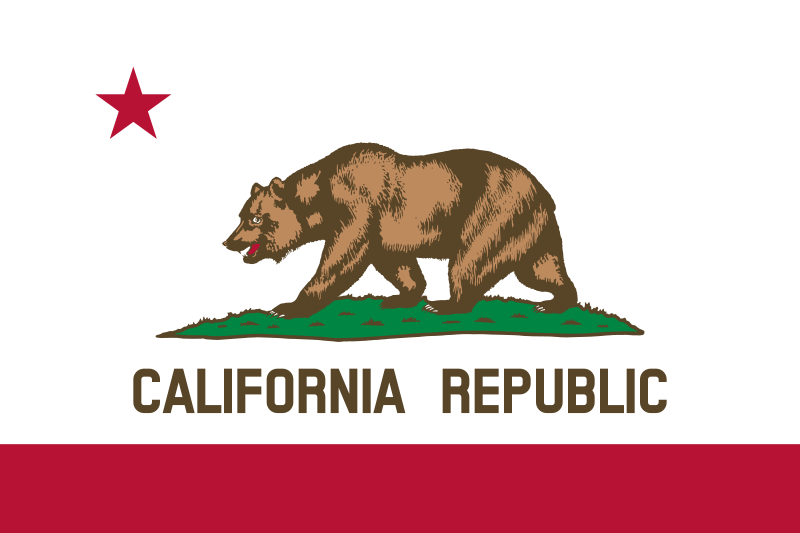The Coalition to Protect Access to Care is sponsoring an initiative that would permanently authorize a tax on managed care organizations (MCO) based on monthly enrollees, which is set to expire in 2026, to fund Medi-Cal Health Care Services. The California Secretary of State announced on June 4 that it had qualified for the ballot submitting at least 645,714 valid signatures. The required number of signatures to qualify an initiated state statute in California is equal to 5% of the votes cast in the preceding gubernatorial election (546,651 signatures).
An MCO is a type of organization that offers health insurance coverage to consumers at fixed monthly costs. In California, Medicaid, which provides health care services to low-income individuals is called Medi-Cal. Medi-Cal contracts with MCOs to deliver healthcare services to participants. The MCO tax took effect in 2009 and has been renewed and changed over the years. Every renewal is subject to federal approval. The current MCO tax expires in 2026. In 2024, the tax for each monthly Medi-Cal enrollee is $182.50, and $1.75 for each commercial enrollee.
The initiative would prohibit the department from charging more than $2.50 for each monthly commercial enrollee and limit the total annual revenue from the commercial portion of the tax to $36 million (adjusted for inflation annually).
The initiative would require the proceeds of the MCO tax to cover a portion of the cost of the tax on Medi-Cal enrollment and administrative costs. In 2025 and 2026, the remaining proceeds would be allocated to the Medi-Cal program and health workforce initiatives (estimated $2.7 billion) and to the general fund to offset Medi-Cal funding (estimated $2 billion).
Beginning in 2027, the initiative would allocate the remaining proceeds as follows:
- $4.3 billion to the Medi-Cal program and health workforce initiatives and to the general fund to offset Medi-Cal funding, with 92% allocated to the Medi-Cal program and 8% to the general fund;
- $226 million to subsidize drug affordability, community health workers, and Medi-Cal and health workforce programs; and
- the remaining funds are divided between the general fund offset to support Medi-Cal (75%) and increases to Medi-Cal and health workforce initiatives (25%).
The initiative has been endorsed by the Democratic and Republican Parties of California, SEIU California State Council, California Hospital Association, and California Medical Association. The campaign has raised over $11.7 million through March 31.
California Dental Association former President John Blake said, “This is an important opportunity to strengthen the Medi-Cal program for the long term and ensure health care dollars stay in health care. With 15 million Californians relying on Medi-Cal for their health coverage, we need it to be a functional program with stable funding. That’s what this initiative is about. Establishing an ongoing, sustainable funding source like this will help reassure dentists, especially younger dentists, about Medi-Cal’s longer-term viability.”
The measure is the ninth citizen initiative to qualify for the ballot ahead of the June 27 signature verification deadline. The initiatives would:
- Require a personal finance course in public high schools;
- Increase the state’s minimum wage to $18 per hour;
- Repeal the Private Attorneys General Act;
- Repeal Senate Bill 1137, which prohibits new oil and gas wells within health protection zones;
- Increase the income tax by 0.75% for 10 years and create the California Pandemic Early Detection and Prevention Institute;
- Repeal the Costa Hawkins Rental Housing Act to allow local rent control;
- Require health care providers to spend 98% of revenues from federal discount prescription drug programs on direct patient care; and
- Require new state taxes to be enacted via a two-thirds legislative vote and voter approval and require new local taxes to be enacted via a two-thirds vote of the local electorate.
Two other initiatives related to changes to Proposition 47 (2014) and the state Children’s Services Program submitted signatures and are undergoing the verification process.
Along with the nine initiatives, California voters will also decide on four legislatively referred constitutional amendments related to taxes and bonds for housing projects and public infrastructure, the vote requirement for public low-rent housing projects, a right to marry regardless of gender, and vote requirements for initiatives proposing supermajorities.
In California, a total of 402 ballot measures appeared on statewide ballots between 1985 and 2022. Two hundred thirty-one (57.5%) ballot measures were approved, and 171 (42.5%) ballot measures were defeated.
Additional reading:


